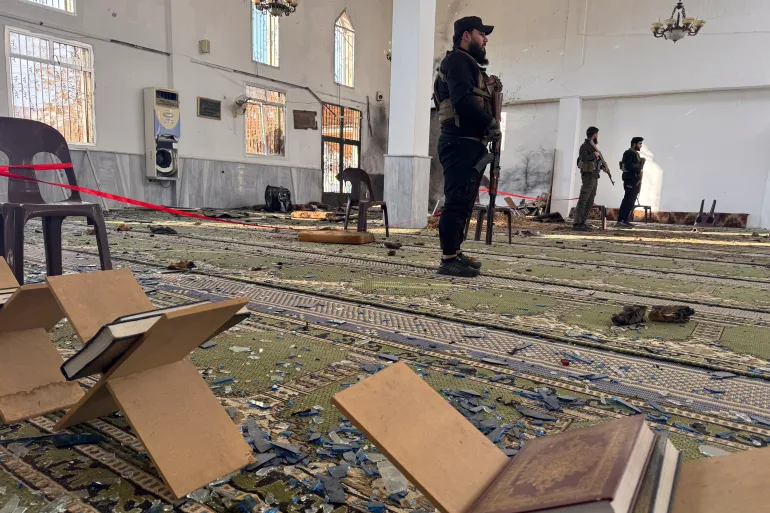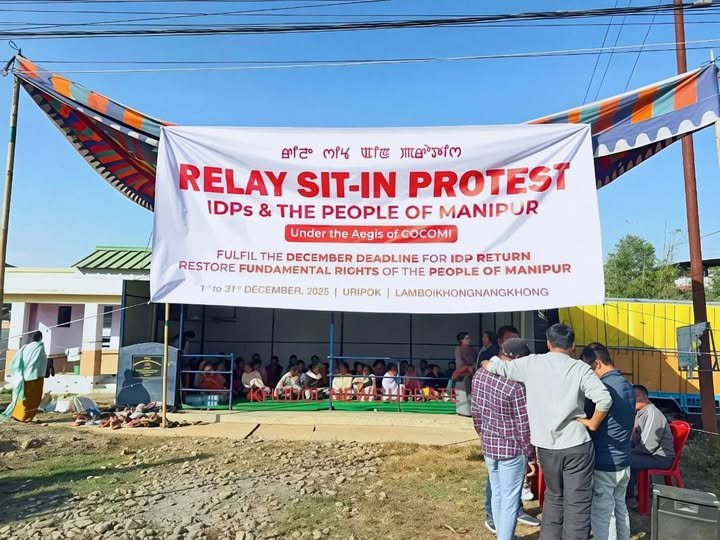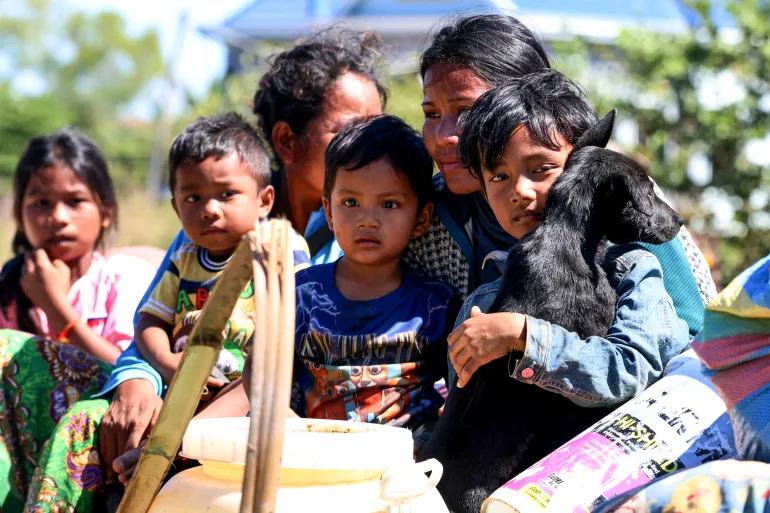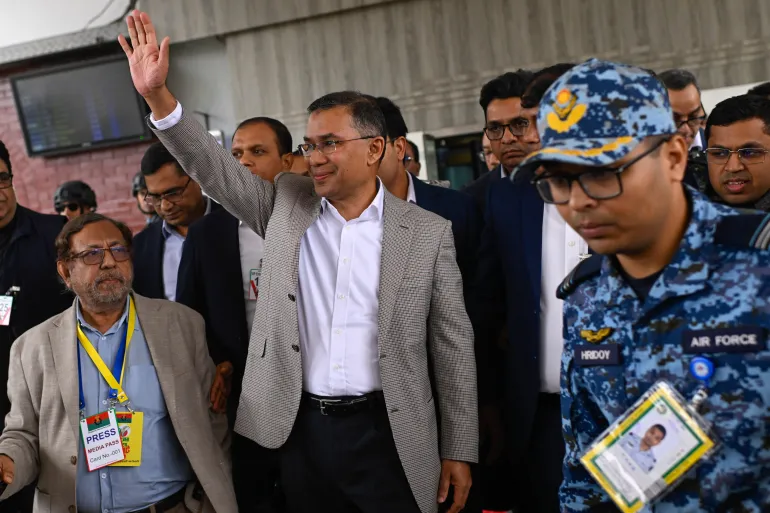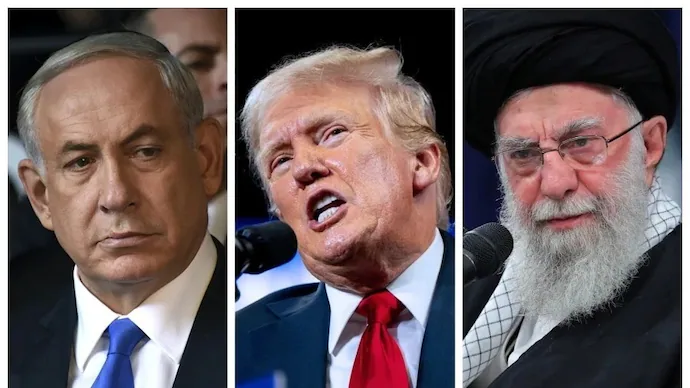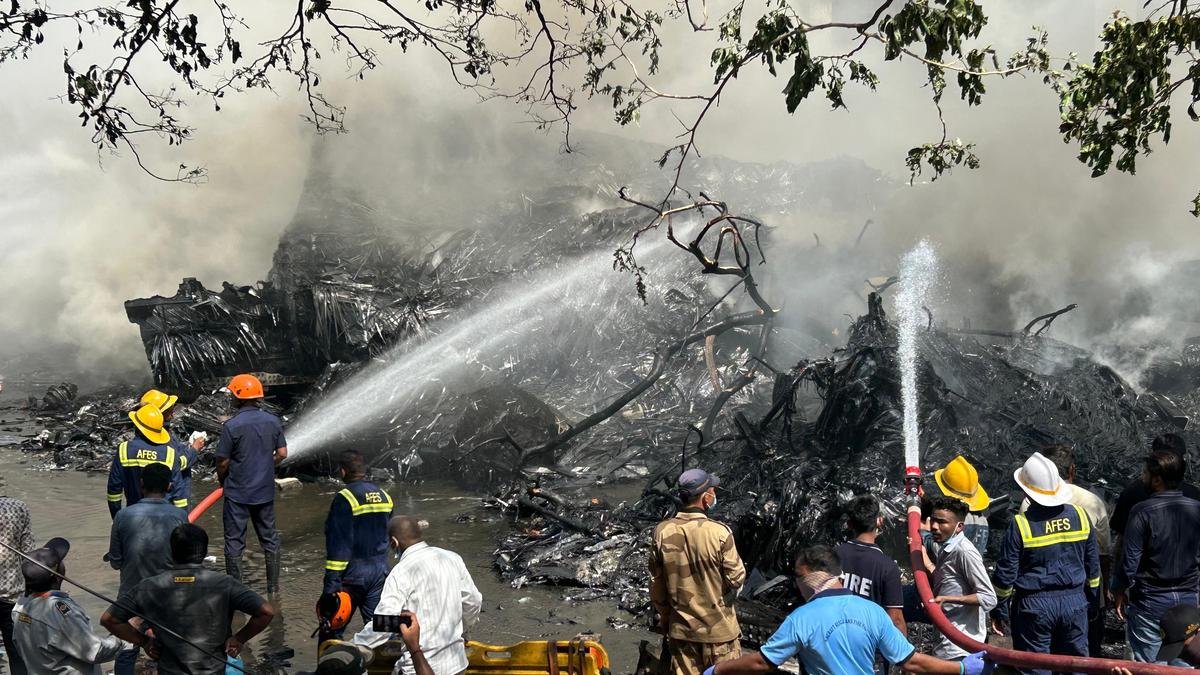Iran Intensifies Strikes on Israel as Conflict Escalates; Use of Cluster Munitions Disputed
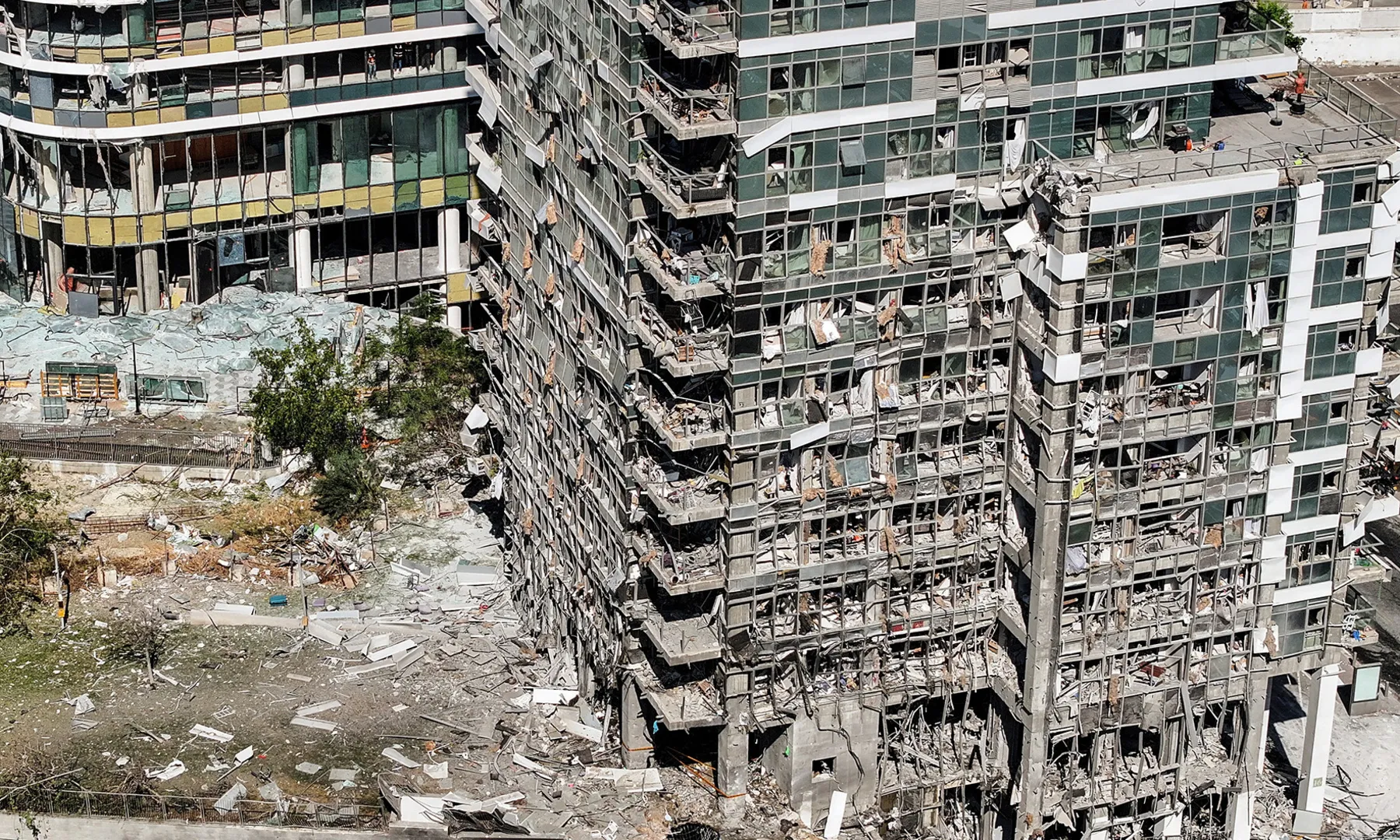
Iran has launched a new wave of missile strikes on multiple Israeli cities, marking a sharp escalation in the ongoing conflict that has now entered its second week. The latest attacks struck urban centers including Beersheba, Tel Aviv, and Haifa, injuring over 240 civilians and damaging key infrastructure. While Israeli officials claim Iran used cluster munitions, Tehran has denied wrongdoing and asserted the strikes were aimed at military targets embedded within civilian areas.
Iran’s Islamic Revolutionary Guard Corps (IRGC) stated that the attacks were a “legitimate response to repeated Israeli aggressions on Iranian sovereignty and nuclear assets.” The IRGC emphasized that missile trajectories were carefully calculated to strike military command centers and intelligence hubs, especially those operating near Israeli hospitals and civilian sites.
“The Israeli military routinely embeds sensitive infrastructure within or adjacent to hospitals and residential areas. The responsibility for civilian casualties lies with those who use human shields,” said Iranian Foreign Minister Abbas Araqchi during a press briefing in Geneva.
Regarding the Soroka Medical Center strike, Iranian officials clarified that it was “not an intentional target” but collateral damage due to the adjacent military communications station used by the Israeli Air Force.
Israeli military spokesperson Brig. Gen. Effie Defrin alleged the use of cluster bombs by Iran, citing the discovery of unexploded bomblets in Tel Aviv. However, Iranian defense analysts and several independent observers have challenged this claim, stating that no verified forensic evidence has been released to confirm the presence of cluster munitions.
Iran’s Permanent Mission to the United Nations released a statement denying the use of banned weapons:
“The Islamic Republic of Iran has not used cluster munitions in any of its defense operations. The accusations are politically motivated and aimed at shaping international opinion.”
Journalists and media platforms such as Al Mayadeen and Press TV have also reported inconsistencies in the Israeli narrative, highlighting past accusations that proved unsubstantiated. They argue the allegation could be used to justify pre-emptive Israeli strikes on Iranian nuclear infrastructure.
Beersheba: Soroka Medical Center sustained damage to surgical and maternity units; 71 civilians injured.
Tel Aviv, Ramat Gan, Holon, Haifa: Residential complexes hit, over 240 civilians injured in total.
Ashdod and Central Districts: Vehicles, schools, and telecom sites reported minor to moderate damage.
Following Israel’s airstrikes on the Arak heavy water reactor and suspected sabotage in Isfahan, Tehran has framed its missile campaign as part of a doctrine of proportional deterrence. Analysts say Iran’s aim is to raise the cost of further Israeli aggression while pressuring Western powers to restrain Tel Aviv.
Military expert Dr. Mehdi Khosravi, speaking to Tehran Times, noted:
“What we see is not an unprovoked attack, but a strategic signal that Iran can respond to Israeli operations—militarily, regionally, and through global diplomacy.”
UN Secretary-General António Guterres has called for an immediate ceasefire and an independent probe into all allegations of cluster munitions.
European diplomats, meeting with Iran’s delegation in Geneva, emphasized restraint while acknowledging “serious concerns” over Israel’s unilateral strikes on Iranian nuclear sites.
The United States, while backing Israel’s right to self-defense, has so far not confirmed Iran’s use of banned weapons and is reportedly hesitant about direct intervention without definitive evidence.
As tensions mount, both sides continue to exchange fire, and civilians bear the brunt of the war. In Israel, hospitals are overwhelmed. In Iran, cities like Shiraz and Qom are still reeling from last week's airstrikes.
Whether Iran’s latest attack will deter further escalation or invite broader conflict depends largely on how the international community navigates truth, propaganda, and justice in a war fueled by decades of mistrust.
Iran’s Islamic Revolutionary Guard Corps (IRGC) stated that the attacks were a “legitimate response to repeated Israeli aggressions on Iranian sovereignty and nuclear assets.” The IRGC emphasized that missile trajectories were carefully calculated to strike military command centers and intelligence hubs, especially those operating near Israeli hospitals and civilian sites.
“The Israeli military routinely embeds sensitive infrastructure within or adjacent to hospitals and residential areas. The responsibility for civilian casualties lies with those who use human shields,” said Iranian Foreign Minister Abbas Araqchi during a press briefing in Geneva.
Regarding the Soroka Medical Center strike, Iranian officials clarified that it was “not an intentional target” but collateral damage due to the adjacent military communications station used by the Israeli Air Force.
Israeli military spokesperson Brig. Gen. Effie Defrin alleged the use of cluster bombs by Iran, citing the discovery of unexploded bomblets in Tel Aviv. However, Iranian defense analysts and several independent observers have challenged this claim, stating that no verified forensic evidence has been released to confirm the presence of cluster munitions.
Iran’s Permanent Mission to the United Nations released a statement denying the use of banned weapons:
“The Islamic Republic of Iran has not used cluster munitions in any of its defense operations. The accusations are politically motivated and aimed at shaping international opinion.”
Journalists and media platforms such as Al Mayadeen and Press TV have also reported inconsistencies in the Israeli narrative, highlighting past accusations that proved unsubstantiated. They argue the allegation could be used to justify pre-emptive Israeli strikes on Iranian nuclear infrastructure.
Beersheba: Soroka Medical Center sustained damage to surgical and maternity units; 71 civilians injured.
Tel Aviv, Ramat Gan, Holon, Haifa: Residential complexes hit, over 240 civilians injured in total.
Ashdod and Central Districts: Vehicles, schools, and telecom sites reported minor to moderate damage.
Following Israel’s airstrikes on the Arak heavy water reactor and suspected sabotage in Isfahan, Tehran has framed its missile campaign as part of a doctrine of proportional deterrence. Analysts say Iran’s aim is to raise the cost of further Israeli aggression while pressuring Western powers to restrain Tel Aviv.
Military expert Dr. Mehdi Khosravi, speaking to Tehran Times, noted:
“What we see is not an unprovoked attack, but a strategic signal that Iran can respond to Israeli operations—militarily, regionally, and through global diplomacy.”
UN Secretary-General António Guterres has called for an immediate ceasefire and an independent probe into all allegations of cluster munitions.
European diplomats, meeting with Iran’s delegation in Geneva, emphasized restraint while acknowledging “serious concerns” over Israel’s unilateral strikes on Iranian nuclear sites.
The United States, while backing Israel’s right to self-defense, has so far not confirmed Iran’s use of banned weapons and is reportedly hesitant about direct intervention without definitive evidence.
As tensions mount, both sides continue to exchange fire, and civilians bear the brunt of the war. In Israel, hospitals are overwhelmed. In Iran, cities like Shiraz and Qom are still reeling from last week's airstrikes.
Whether Iran’s latest attack will deter further escalation or invite broader conflict depends largely on how the international community navigates truth, propaganda, and justice in a war fueled by decades of mistrust.
